The 2018 Stockholm Forum on Peace and Development is co-hosted by SIPRI and the Swedish Ministry for Foreign Affairs. SIPRI would like to thank the following partner organizations for making the Forum possible.
Partners
 |
African Leadership Centre, King’s College of London & University of Nairobi The African Leadership Centre (ALC) is an educational trust established in partnership with King’s College London and the University of Nairobi. Its mission is to train a new generation of Africans and serve as a forum for transformative discourse on peace, security and development in Africa The ALC seeks to contribute to Africa’s long-term social and economic security and development by mentoring the talent of the next generation of young African leaders. The Centre mentors young Africans with the potential to lead innovative change in their communities, countries, sub-region and the continent as a whole. |
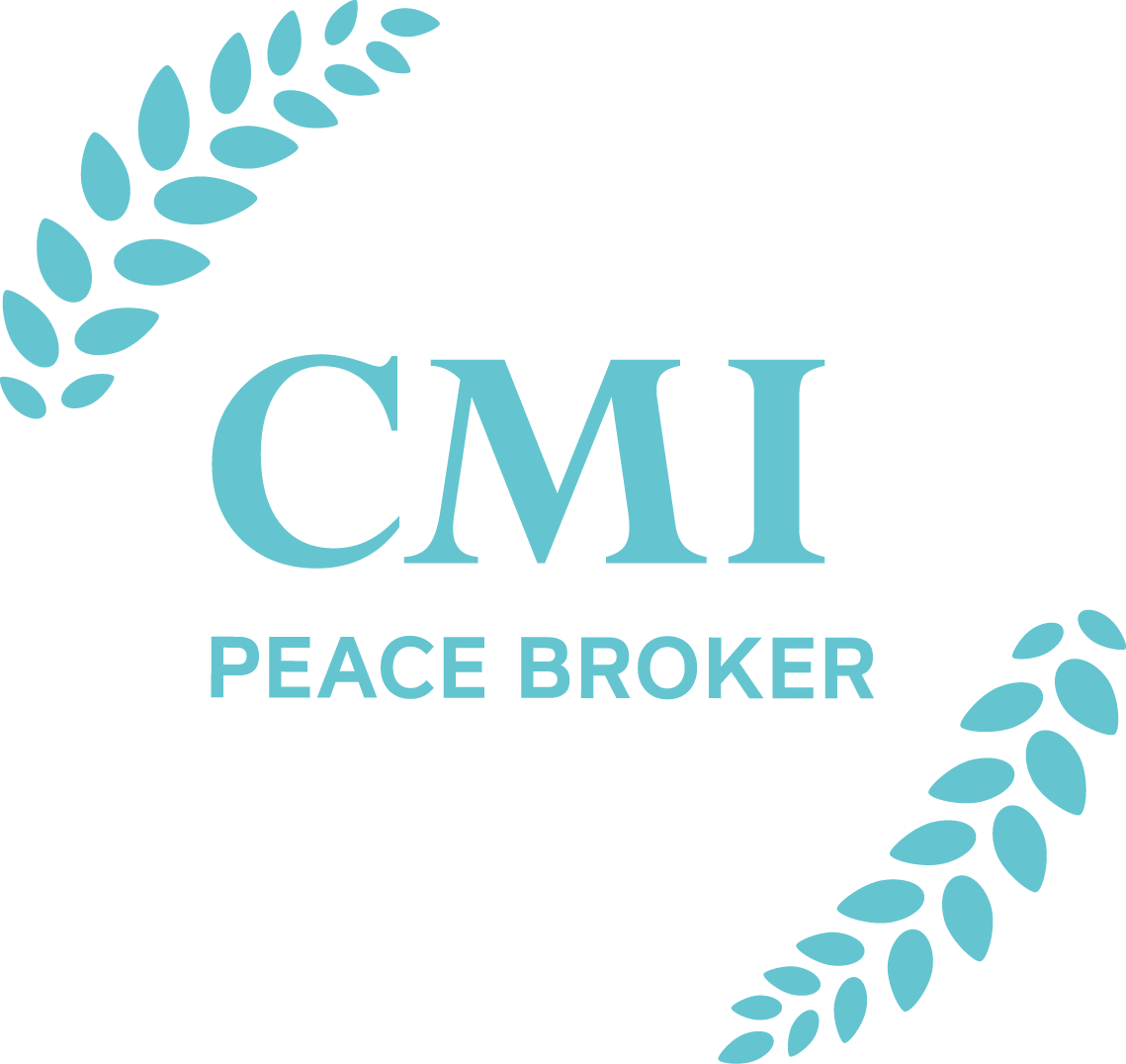 |
Crisis Management Initiative (CMI) CMI is an independent Finnish organisation that works to prevent and resolve violent conflicts through informal dialogue and mediation.CMI works closely with all conflicting parties in some of the world’s most intractable conflicts to forge lasting peace. Nobel Peace laureate and former President of Finland Martti Ahtisaari founded CMI in 2000. |
 |
The Dag Hammarskjöld Foundation The Dag Hammarskjöld Foundation is a non-governmental organisation established in memory of Dag Hammarskjöld, the second Secretary-General of the United Nations, which aims to advance dialogue and policy for sustainable development and peace.
|
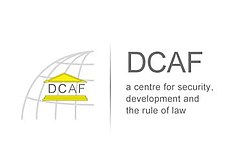 |
The Geneva Centre for the Democratic Control of Armed Forces (DCAF) DCAF is dedicated to making states and people safer through support for good security sector governance, based on the rule of law and respect for human rights. DCAF assists partner states in developing laws, institutions, policies and practices to improve the governance of their security sector through inclusive and participatory reforms based on international norms and good practices. It also advises governments and international organisations in designing and implementing their own programmes for supporting states in developing their security sector governance. Our staff supports capacity building of state, civil society and private sector stakeholders through the provision of access to independent expertise and information on security sector governance (SSG) and reform (SSR). |
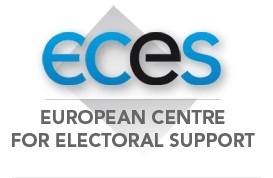 |
The European Centre for Electoral Support (ECES) ECES is a not for profit private foundation headquartered in Brussels with a global remit. ECES promotes sustainable democratic development through the provision of advisory services, operational support and management of large projects, including basket funds, in the electoral and democracy assistance field. ECES implements activities according to its strategic approach entitled A European Response to Electoral Cycle Support (EURECS) crafted to safeguard European values in democracy and electoral support. EURECS advocates for cost-effectiveness and value for money as well as inclusivity of all electoral stakeholders in electoral assistance projects. Having implemented over 70 projects in support of electoral processes since 2012, ECES has developed several innovative tools to support the prevention, mitigation and management of election related conflict. |
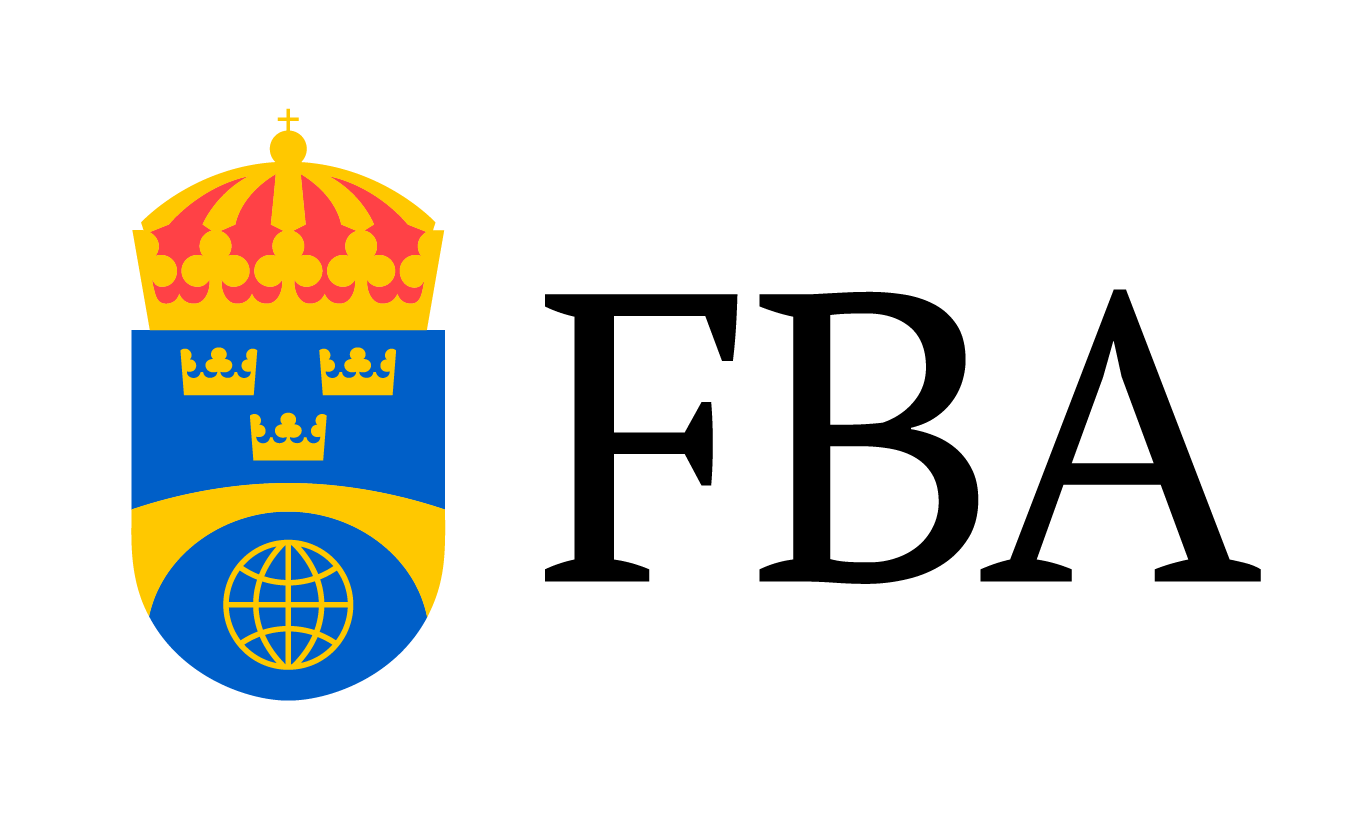 |
The Folke Bernadotte Academy (FBA) FBA supports international peace operations and international development cooperation. The agency conducts training, research and method development in order to strengthen peacebuilding and statebuilding in conflict and post-conflict countries. We also recruit civilian personnel and expertise for peace operations and election observation missions led by the EU, UN and OSCE. The agency is named after Count Folke Bernadotte, the first UN mediator. |
|
FCA is the largest Finnish organisation for development cooperation and the second largest national provider of humanitarian assistance. It operates in fifteen countries and specialises in supporting local communities in three priority areas: Right to Livelihood, Right to Education and Right to Peace. FCA is a member of the Core Humanitarian Standard Alliance and is working towards the application of the Core Humanitarian Standard (CHS). We are a founding member of ACT Alliance and a long-term partner of the Ministry for Foreign Affairs of Finland. |
|
|
Forum Syd is a politically and religiously unaffiliated umbrella civil society organization with 160 Swedish members. Its work focuses on issue of human rights, democracy, gender equality and sustainable use of natural resources. Forum Syd believes that sustainable and long-term development can only occur only when people's rights are recognised and their basic needs are met. |
|
|
Geneva Centre for Security Policy (GCSP) GCSP is an international foundation focusing on executive education that facilitates collaboration in support of peace, security and international cooperation. Established by the Swiss Confederation in 1995, GCSP equips a diverse range of experts, leaders and practitioners with the knowledge, skills and community they need to help their organisations thrive in today's ever-changing security landscape. |
|
 |
International Civil Society Action Network (ICAN) ICAN is a nonprofit whose mission is to support civil society activism in promoting women's rights, peace, and human security in countries affected by conflict, transition, and closed political space. ICAN supports women's efforts through bridging the divisions between activists and the policy community, elevating the voices and experiences of women activists, building skills, and ensuring the exchange of knowledge and resources. |
 |
International Legal Assistance Consortium (ILAC) ILAC is an umbrella organisation based in Stockholm, Sweden composed of over fifty associations of legal and human rights experts, representing thousands of judges, prosecutors, lawyers and legal academics worldwide. ILAC works together with its member organisations and national partners to promote the rule of law and access to justice in post-conflict, fragile and transitional countries. |
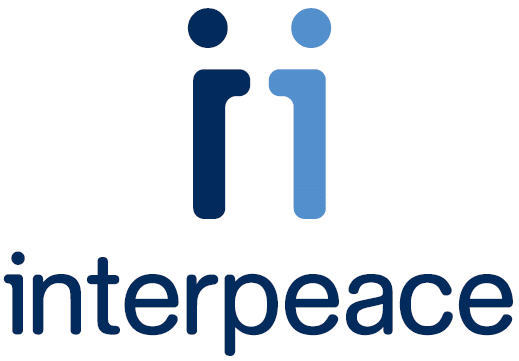 |
Interpeace is an independent, international peacebuilding organization that was established in 1994 by the United Nations. Interpeace is dedicated to building lasting peace by reinforcing the capacities of societies to overcome deep divisions and to address conflict in non-violent ways. We support locally led peacebuilding initiatives in more than 21 countries. |
|
Institute for Integrated Transitions (IFIT) IFIT aims to help fragile and conflict-affected states achieve more sustainable transitions out of war or authoritarianism. IFIT serves as an independent expert resource for locally-led efforts to improve political, economic, social and security conditions and to find consensual solutions that strengthen peace, democracy and human rights in countries attempting to break cycles of conflict or repression. |
|
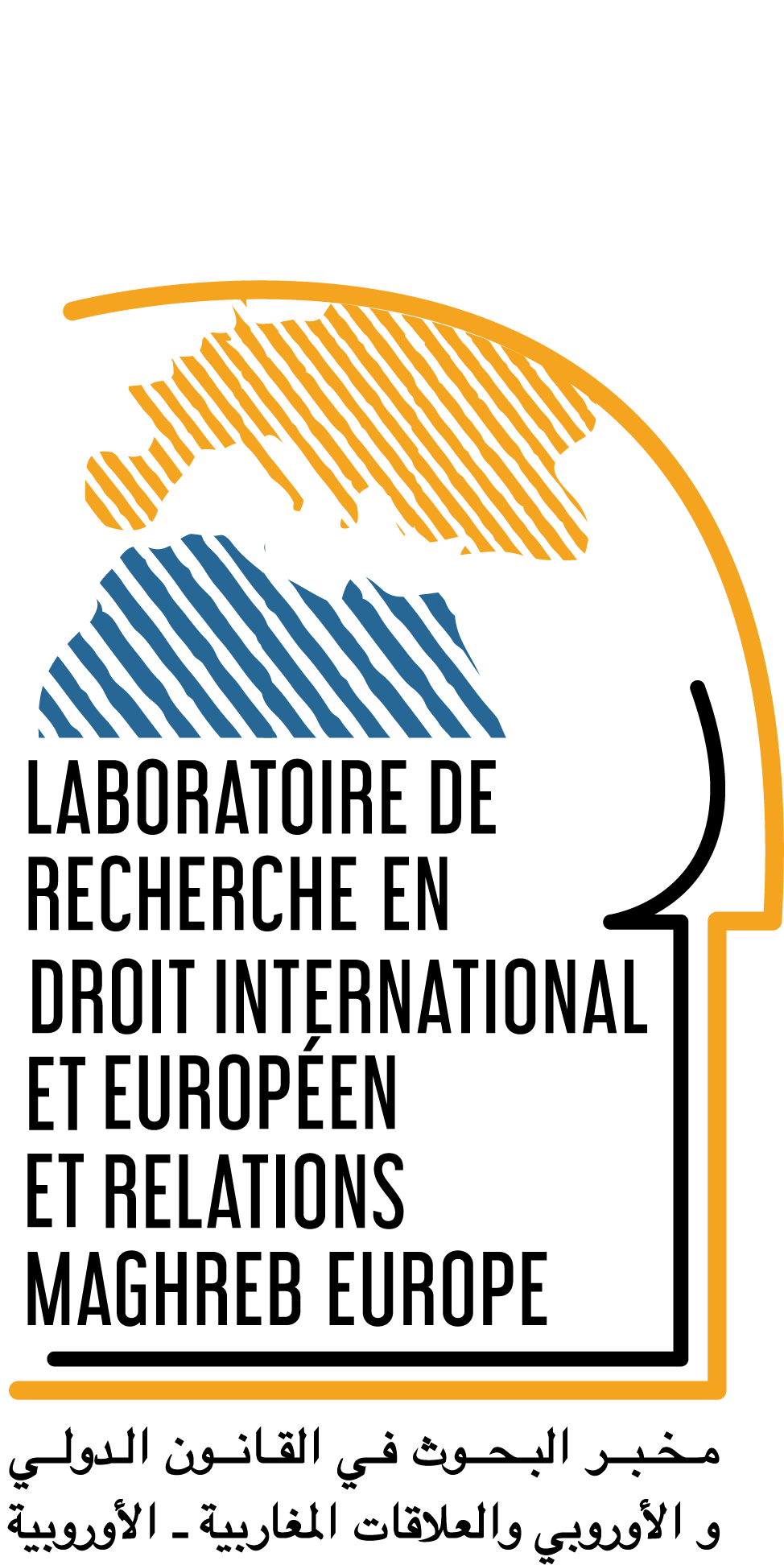 |
Laboratory of Research in International and European Law and Maghreb-Europe relations (LR-DIERME) LR-DIERME is a research centre linked with the Tunis Faculty of Politics, Justice and Social Sciences at the University of Carthage. It conducts research on international law and international relations, and on the complex issues surrounding the 'European neighbourhood policy', regional security and human rights protections. |
|
Search works to prevent and end violent conflict before, during and after a crisis. Search has a 35-year track record of equipping individuals and societies to find alternatives to violence. We strive to build sustainable peace for generations to come by working with all sides of a conflict, providing the tools needed to work together and find constructive solutions. |
|
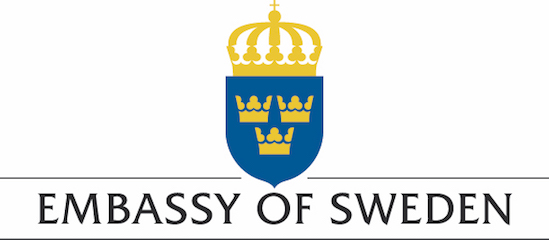 |
The Embassy of Sweden in South Africa The Embassy of Sweden in South Africa represents the Swedish government in the Republic of South Africa, Botswana, Namibia and Lesotho. It promotes commerce and trade between those countries and Sweden and is responsible for cooperation with the Southern Africa Development Community (SADC). |
 |
The Network for Religious and Traditional Peacemakers The Network was founded in 2013 as a concrete response to the risen awareness of the need to include grassroots leaders and authorities in the work being done to build sustainable peace. dSince its founding, the Network has grown into a community of peacemakers ranging from grassroots religious and traditional actors to international NGOs, think tanks, and academic institutes. |
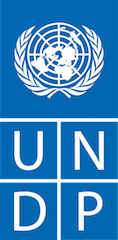 |
UNDP Oslo Governance Centre (OGC) The OGC is one of six UNDP Global Policy Centres, established in 2002 and working since May 2015 with a renewed mandate. OGC is part of the UNDP Governance and Peacebuilding Cluster in the Bureau for Policy and Programme Support (BPPS). It works closely with its New York based Headquarters and other relevant UN and UNDP units in strengthening the overall analytical and learning ability in the area of Governance and Peacebuilding. The OGC draws on UNDP's expertise in human development, democratic governance, preventing violent extremism and conflict prevention to support policy development, dialogue and applied research with an overarching focus on democratic governance and peacebuilding in crisis, conflict and transitional contexts. The Centre greatly values its partnership with its host, Norway, and has been set up with shared resources and under shared governance arrangements. |
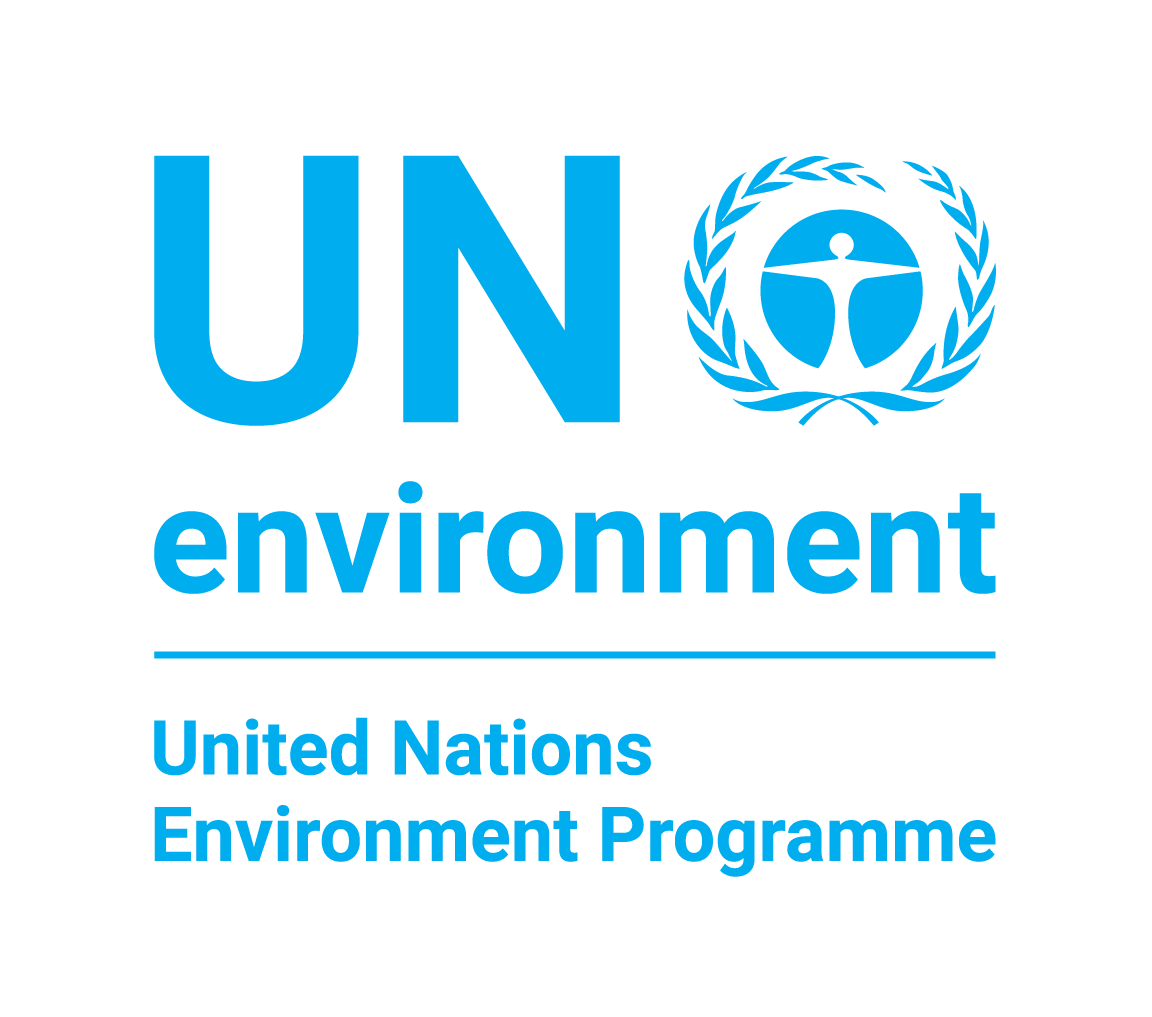 |
United Nations Environment Programme (UN Environment) As the leading global environmental authority, UN Environment sets the global environmental agenda, promotes the coherent implementation of the environmental dimension of sustainable development within the United Nations system, and serves as an advocate for the global environment. UN Environment’s mission is to provide leadership and encourage partnership in caring for the environment by inspiring, informing, and enabling nations and peoples to improve their quality of life without compromising that of future generations. |
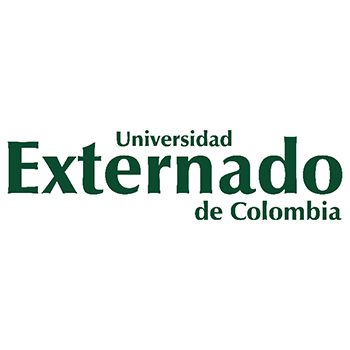 |
Universidad Externado de Colombia The Faculty of Finance, Government and International Relations (FIGRI) at Externado University of Colombia integrates different areas of study, such as economics, law, political science and finance, with a strong emphasis on international relations. FIGRI provides professionals with interdisciplinary training to improve their understanding of the legal, economic, financial, political and international dimensions of a given context and prepares graduates to assume leadership positions. |